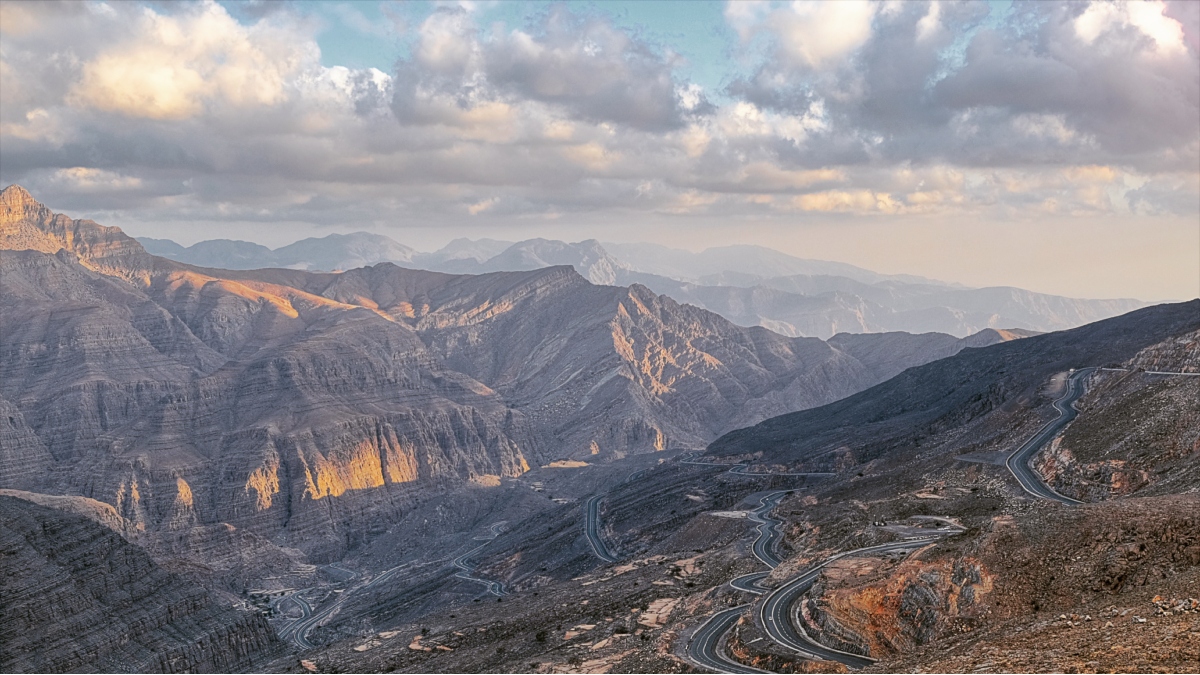On February 3, the UAE experienced its coldest temperature of the year as the mercury dropped to a chilly 4.2ºC at Jebel Jais in Ras Al Khaimah. This marked a new low for 2024, surpassing Al Ain’s previous record of 5.3ºC recorded in Raknah on January 10.
Throughout the week, the country witnessed a series of scattered showers and cooler temperatures, creating an unusual winter experience for UAE residents. Many have taken advantage of the unseasonably cold weather by visiting winter markets, enjoying night beaches, and participating in outdoor activities.
Jebel Jais, the UAE’s highest peak standing at 1,934 meters, remains a popular destination for residents, hikers, and tourists. Its snow-covered mountains have made it an attractive winter spot in the Emirates.
The question on many people’s minds is whether they can expect snow in the UAE. Snow formation typically requires a temperature of 0°C, which is quite rare in this desert nation. However, the UAE has seen snowfall in the past, notably in Ras Al Khaimah in 2017 and at Jebel Jais in 2009.






